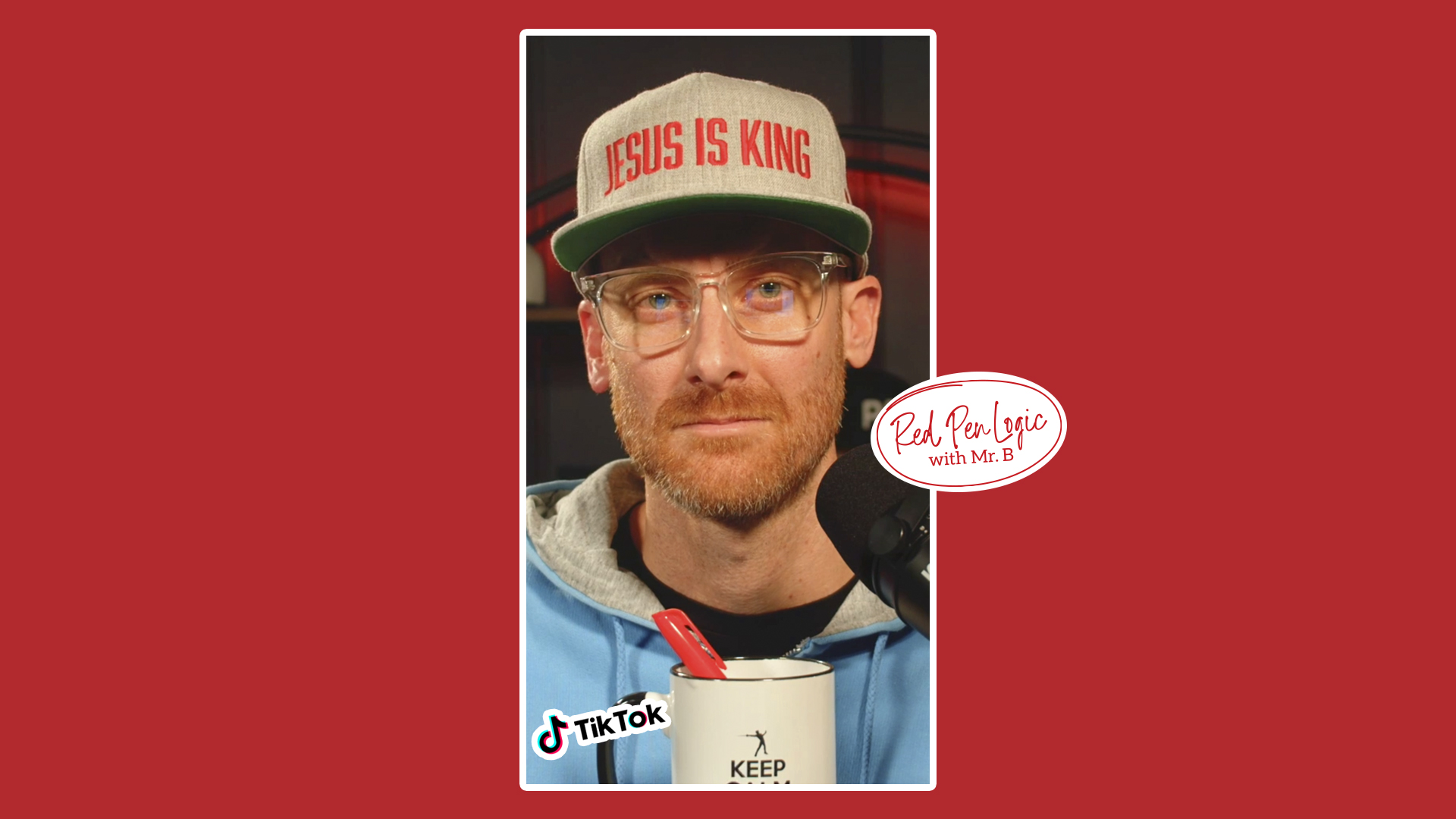The term “pro-life” does not mean “against all killing.” Tim Barnett clarifies how the same God who sent the flood can still be considered “pro-life.”
Transcript
Original video: This sign here says God is pro-life. What does that mean? Didn’t God kill everybody on earth except for Noah and some farm animals on an ark?
Tim: The video starts with a question: “I see the sign here, and it says God is pro-life. What does that mean?” That’s a fair question, and, unbelievably, the man holding the sign doesn’t seem to know what his own sign means.
Now, there’s a liability of using slogans like this. Whether it’s pro-life or pro-choice, slogans are easy to misunderstand and misrepresent. For example, if someone says they’re pro-choice, that doesn’t mean they’re always for every choice. They might be against choosing to drink and drive, for instance. The label “pro-choice” refers to something specific: the choice to have an abortion. Likewise, if someone says they’re pro-life, that doesn’t mean they’re always against killing. For example, they might believe killing is justifiable in the case of self-defense or capital punishment.
Having said all that, let’s try to answer the original question, “What does ‘God is pro-life’ mean?” Well, if we’re being charitable, it probably means something like “God is against abortion—humans intentionally killing unborn humans.” Unfortunately, the interviewer exploits the ambiguity of the slogan and assumes it means something like “God is against all killing” because notice the follow-up question, “Didn’t God kill everybody on earth except Noah and some farm animals on the ark?” You see what he’s doing? He’s trying to show an inconsistency. How can you say God is against killing, yet God kills people.
There are two big problems here. First, this falsely assumes God is against all killing. He isn’t. And, second, it falsely assumes God is always beholden to the exact same rules we are. He isn’t. Let’s take a closer look at the second one, because many people are confused about this.
Many people think that if an action is wrong for a human being, then it must be wrong for God, too. This treats God as if he’s a human being just like you and me, but God isn’t like us. He is the perfectly good Creator and Judge of the world, and therefore, God has a role and authority to do certain actions that are right for him to do but would be wrong for us to do.
Maybe an illustration will help. One of my favorite apologists is Amy Hall. She says if I were to lock you in a building for a decade, my action would be morally wrong, even if you were, in fact, guilty of something. But if the government were to rightly convict you of a crime and lock you in a building for a decade, its actions would be good and just. Notice, it’s the same action in both cases, so what’s the difference? Why is it wrong for me to lock you up against your will yet good and just for the government? The difference is in the government’s role and authority. Amy Hall goes on to say, now apply that principle to God.
Just as there are ways that the government can act that are good and just that would not be good and just if I were to act in those ways, so there are things the ultimate being in the universe can rightly do, such that if any fallen, finite human being did the same things, we would rightly recoil. I think one of those things is taking life. The Creator has absolute authority over all life. That means he can take life whenever he wants, but human beings don’t have that same authority unless given to them by God.
In sum, just because God can rightly take life, that doesn’t mean you can too.

